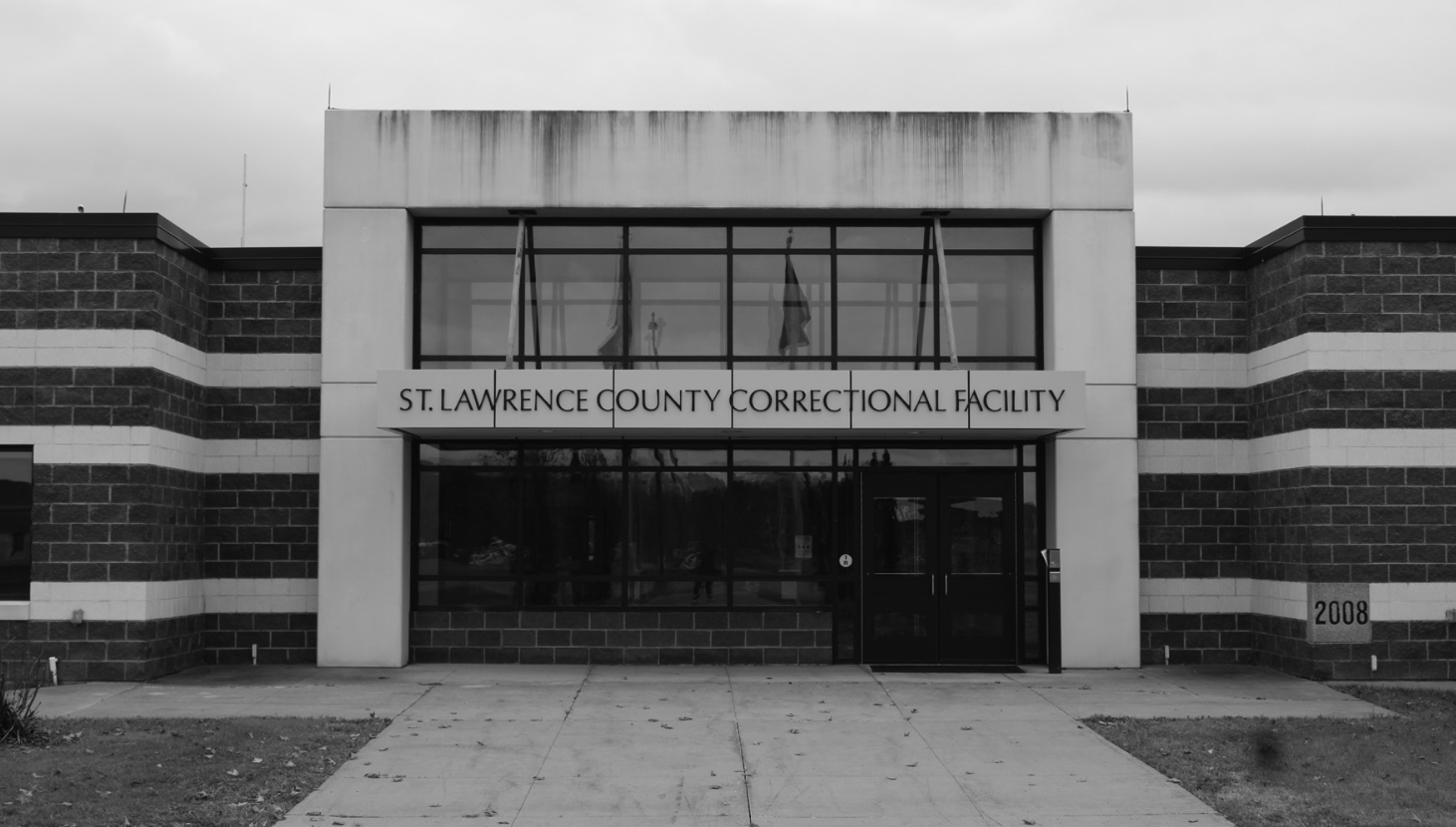The United States Prison System
Let’s talk about it. The prison system in this country is f***ed (flawed). It’s been manipulated by politicians such as Presidents Richard Nixon, Jimmy Carter, Ronald Reagan, George Bush, and Bill Clinton to oppress people of color. There was a 700 percent increase in prison inmates from 1970 through 2015. Nearly 2 million people are incarcerated today, and 75 percent of those arrested for drug charges are Black or Hispanic. And that’s not because they use drugs more than white people; the rates of drug use are equivalent between Black and white Americans. So how did we get here? The movement to incarcerate people of color began shortly after the Civil Rights Movement.
In September of 1986, President Reagan launched the infamous The War on Drugs. It was designed to create a system of mass incarceration that disproportionately targets people of color. Cheap drugs like crack, which are more common among communities associated with people of color, were over-criminalized. You would face the same sentence for carrying one gram of crack as you would for carrying one gram of cocaine. A more expensive version of the drug. The intent was to give long and unfair prison sentences to people of color while preserving white freedom.
In 1996, the CIA was accused of smuggling crack from their partners in Nicaragua, the Contras (a group of rebel soldiers opposed to the Marxist government), and funneling it into communities of color in the 80s, potentially revealing the government’s intent to fuel the epidemic. “I know specifically that some of the CIA contract workers, meaning some of the pilots, in fact, were bringing drugs into the United States and landing some of these drugs in government air bases. And I know so because I was told by some of these pilots that, in fact, they had done that,” according to a Drug Enforcement Administration field agent. By spreading crack into communities of color through clandestine backdoor channels, the government could successfully lock up drug users by over-policing those areas. Although these policies gained fruition under Reagan, they began in a previous administration under Nixon.
Lee Atwater, campaign advisor for President Nixon, was caught on one of Nixon’s infamous recordings revealing their intentions to implement a new system of racial oppression. By the end of the Civil Rights Movement, the government could no longer legislate on the basis of race, so Atwater advised Nixon that, “you say stuff like, uh, forced busing, states’ rights, and all that stuff, and you’re getting so abstract. Now, you’re talking about cutting taxes, and all these things you’re talking about are totally economic things, and a byproduct of them is blacks get hurt worse than whites.” The prison system was one way in which the government could get away with stripping the rights of people of color within the confines of a new, more equal system.
Clinton, too, has since apologized for a crime bill that he passed that created a military-like police state. It created 100,000 new positions for police officers, equipped them with highly advanced weaponry and surveillance technology, and expanded the federal penitentiary system using $9.7 billion in taxpayer money. After the creation of these prisons, police were incentivized to fill them with inmates, and the incarcerated population skyrocketed. Interestingly, this bill was sponsored by Joe Biden, a senator at the time.
Regardless of the past, we have an obligation to fix the system. We have an obligation to free people of color from unjust drug sentences and reconnect them with their families. We could start by petitioning our state representatives to forgive prison debt, create new approaches to policing, and hold politicians and the police accountable for acts of racism.



